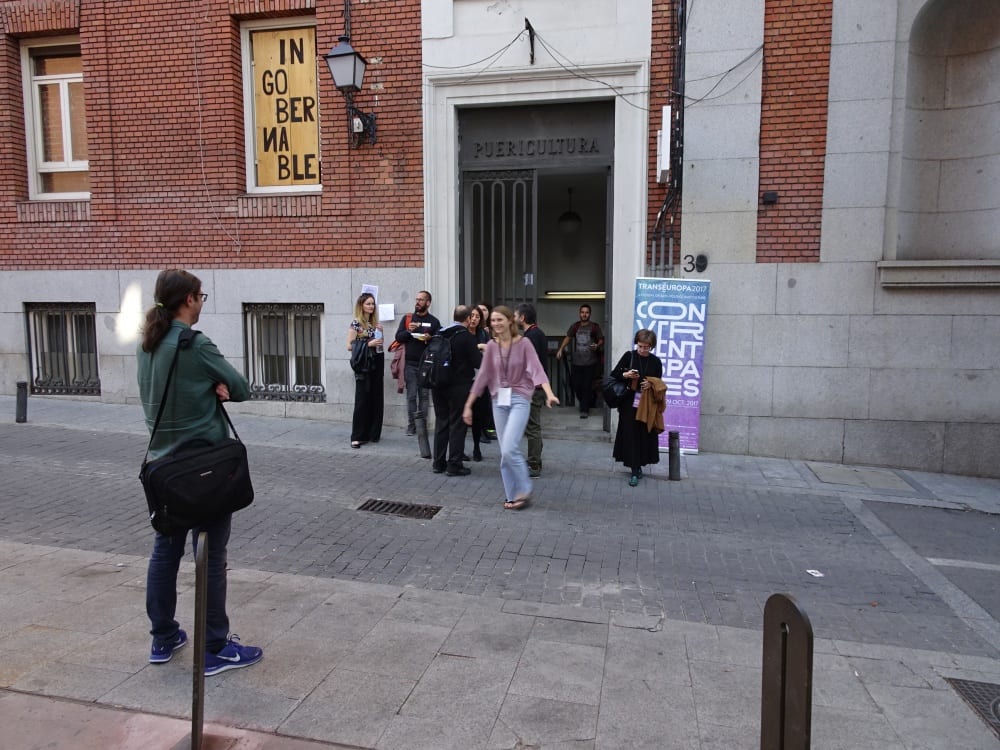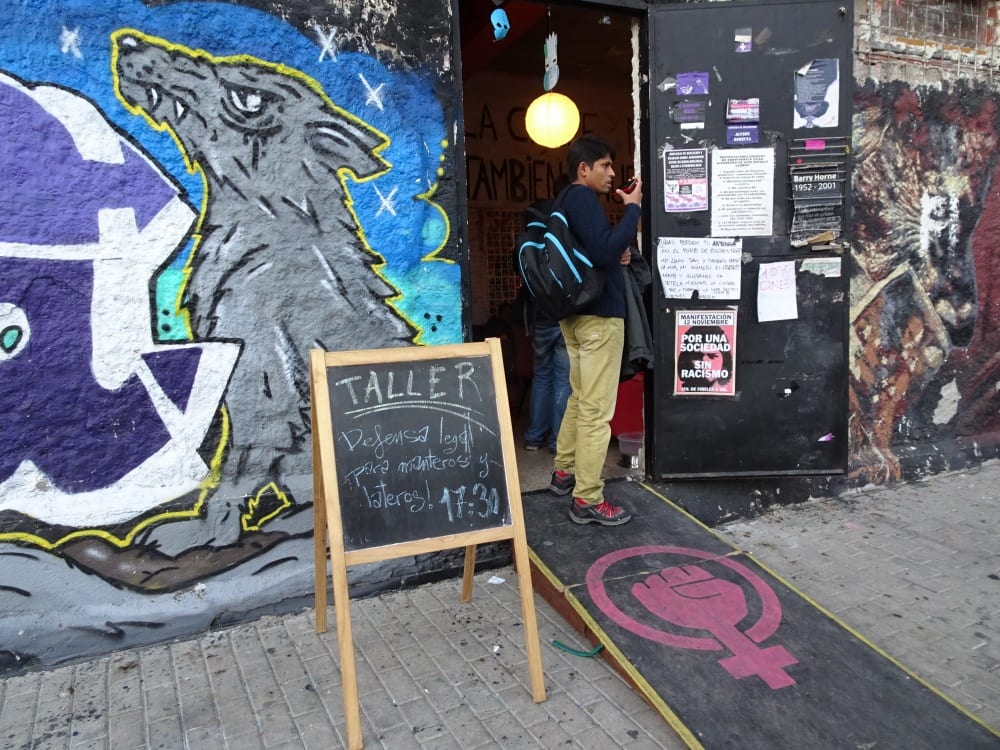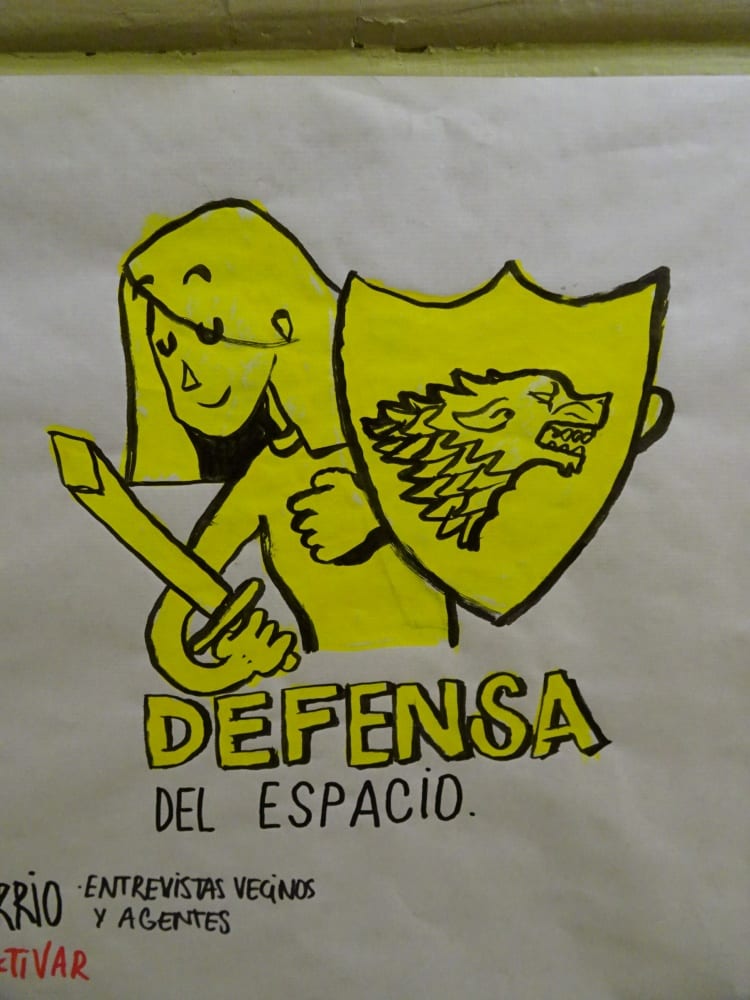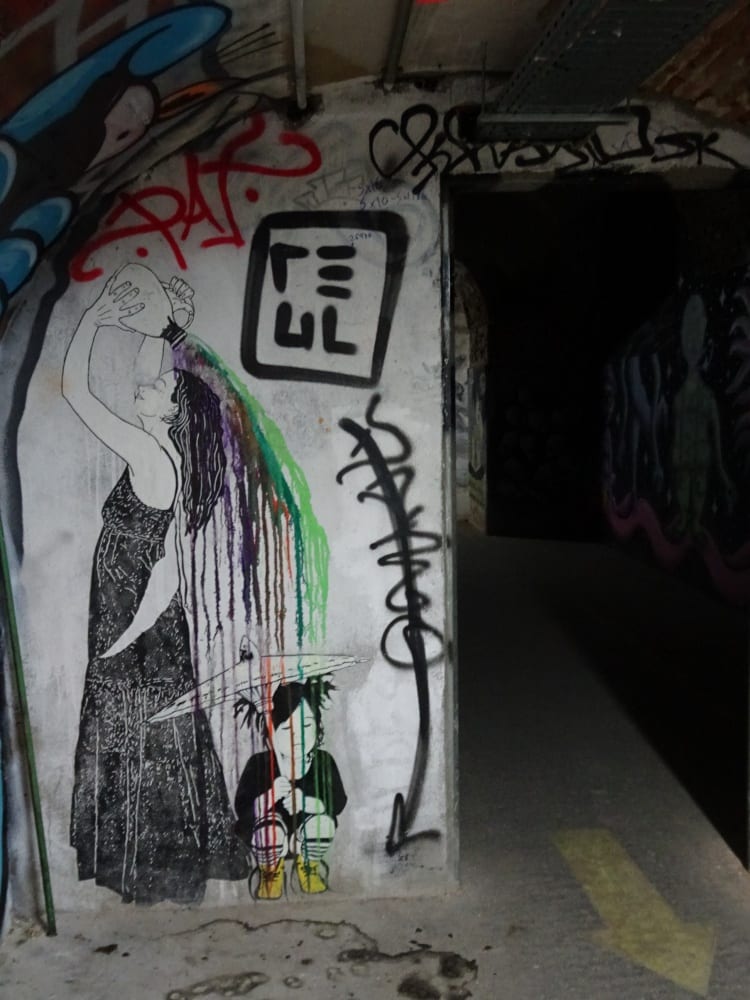The following essay by Alan W. Moore is part of “Beyond Survival: Public Support for the Arts and Humanities,” a call for reflections on and provocation about the precarious state of arts funding after decades of neoliberal economics and the long culture wars.
I must say I am not much for grants. The last institutional I got, I prepared, shepherded, and reported at the rate of $6 an hour. Sheesh! Why bother? By now, thirty years on, what I do is so politically hot there is no state or private money for it anyhow. Certainly making proposals helps to refine a project, but to be real—all the money trees are in a valley I do not visit anymore.

Actually, that is not true. I did get a Warhol once, ’cause I had the resume I guess. (Although I think they regretted it after; I got the check, but not the promised callback support.) And I piggybacked successfully into a larger conference grant, as I was the strongest in an academic group working the art and culture research angle of our matter.
That matter is squatting, occupation, self-management and radical autonomy. It is pretty important not only for social movements, but for cultural production. But it is dark matter for sure. If you wait for state and private funding to animate research, exhibition, and publication in that area, you will shrivel up and blow away. To make exhibitions around that content—which often include actions—all costs, including the venue, must be 100% self-funded.

Even so, young artists all over the world, like the Temporary Autonomous Art gang in London, do it all the time. Sometimes and somewheres, they do more than a show—they make centers and keep them open for years. This certainly takes massive amounts of energy and brilliant cooperation chops. But most of all I think it takes a culture, a long-rooted arc of disobedient behavior peopled by many generations of creative activists.

It is something that the canalized, tranquilized artists of the US cannot really manage, not because they would not like to, or lack the nerve, sand, or moxie, but because they have not got the culture. Schools cannot help. After the “representational crisis” of childhood, art education is basically job training, and then credentialing. Expression and technical facility are encouraged, but to do autonomous transgressive experiments is to wander into the Dark Forest.

As one of those woodland creatures, I accept that my means will always be meager, my audience will forever be tiny, and a broader public is always out of reach. As recompense, those few who care really care, and my work encourages them. And from my (credentialed!) reading of art history, I know I have a lot of company.
Alan W. Moore is an art historian interested in occupied, self-organized social centers in Europe. Alan published House Magic: Bureau of Foreign Correspondence, a zine about squat and social center history and culture. He wrote Occupation Culture: Art & Squatting in the City from Below (Minor Compositions, 2015).
The next response in the Precarity and Potential chapter is “Thriving at the Margins” by Sara Zia Ebrahimi.
